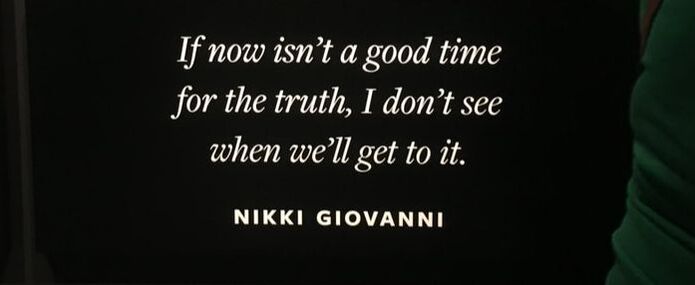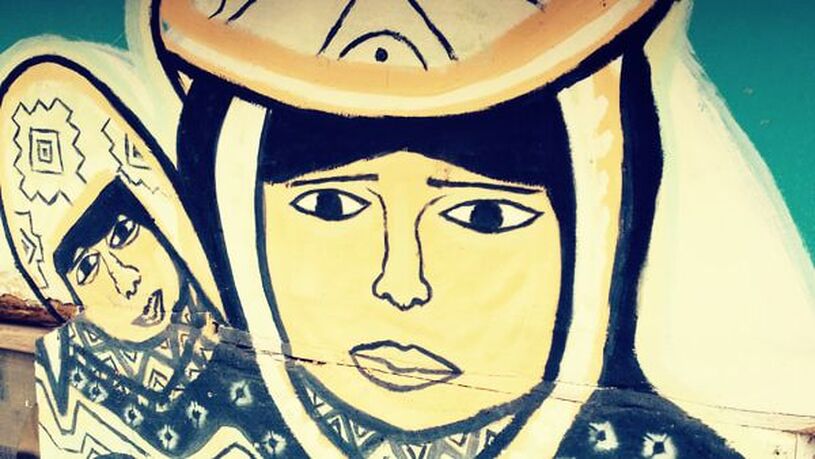|
When I taught middle school social studies, I had a set of questions that I taught to my students to guide how we encountered historical narratives. I called these “The Critical Historian’s Essential Questions” and had them written on a big, handmade poster at the front of the room:
While I taught these questions as a way of engaging students in critical disciplinary thinking (and I’ve written about that as part of my scholarly research here and here), I’ve come to realize that these questions are more than that. These questions are a kind of moral compass, helping to orient us towards voices and perspectives that might be otherwise overlooked. In fact, a few of these questions— Whose perspective does this narrative represent? Whose voice is missing from this narrative? How would this narrative be different if told from another perspective?—have helped me unlearn whiteness, an idea I’m going to come back to in a bit. Suffice it to say when I wrote and taught these questions in my middle school classroom, I didn’t know any of this. I only knew that I had to teach a textbook called The Medieval World & Beyond, and that I knew little about the medieval world but a lot about how to approach curriculum critically (thanks, PhD in Multicultural Education). I also knew that a teacher didn’t have to be an expert in every single fact that they taught, and that it was often more powerful to apprentice students into habits of mind, visible thinking routines, and academic discourse (thanks, Paolo Freire). My students and I could learn the facts together while I modeled what it looked like to encounter those facts as a critical thinker. These “critical essential questions” were how I turned these broad ideas into a concrete instructional practice.
1 Comment
If there are any angels in heaven, they’re all nurses.” Picture a nurse. What do you see?
For most of us, we see a woman. Teachers have used this thought experiment for years to teach about gender stereotypes, helping us see how they live inside our own imaginations and then debunking them with stories of “Anyone can be anything they want.” This is an important lesson! I remember, after all, my own shame during a high school history class when I realized I drew only men as doctors and firefighters and scientists and professors. Me, an under-18, card-carrying NOW member! I was guilty of stereotypical thinking, too. |
AboutWhile living in Mexico, I joked that speaking Spanish forced me to be far more Zen about life: Since I could only speak in the present tense, I was forced to just live in that present tense. Archives
October 2023
Categories
All
photosLike what you see? That's mostly Ross Freshwater. Check out my talented partner-in-life's photo gallery. |


 RSS Feed
RSS Feed